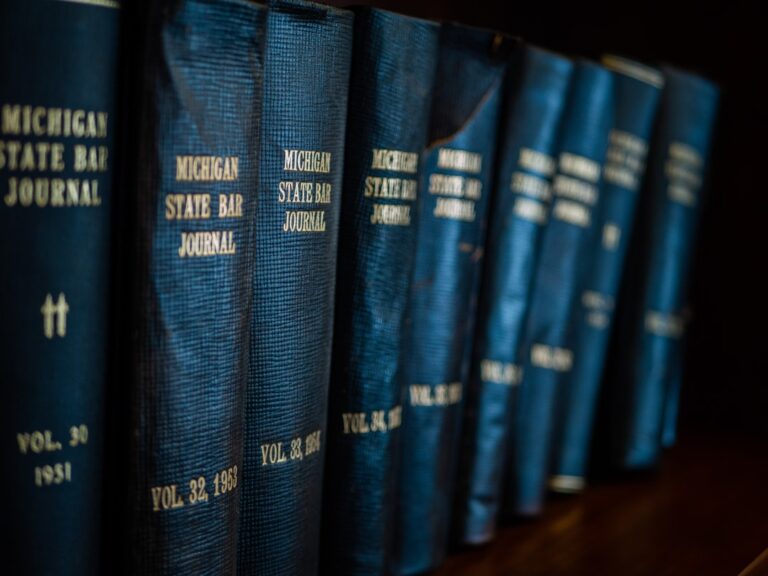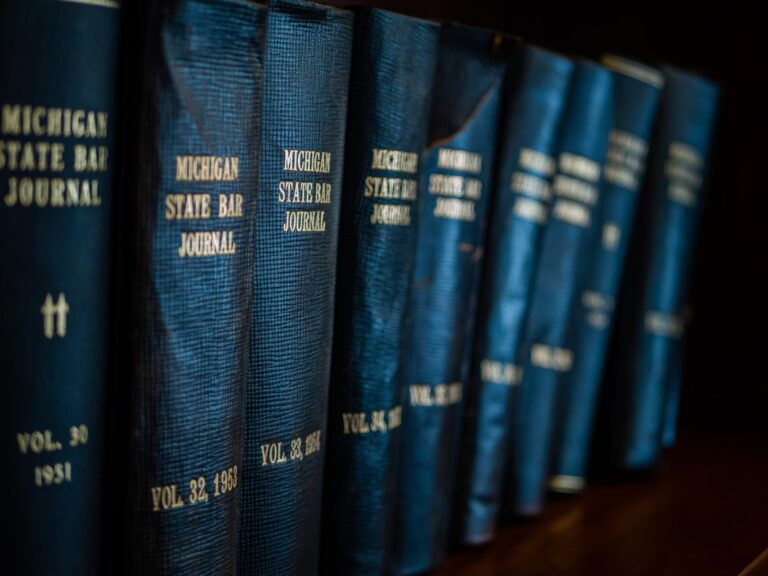Legal Entity Extraction (LEE) is an NLP tool aiding in hospital assault cases by identifying key legal entities and supporting comprehensive case assessments. In New Jersey, patient safety laws protect both patients and professionals, with complex civil and criminal statutes enforced by reputable hospital law firms. These firms assist victims through litigation and help healthcare providers maintain ethical standards. Using advanced technologies like NLP and machine learning, they efficiently process vast medical data to identify liable parties and improve court outcomes.
In the complex landscape of healthcare, understanding legal entity extraction is crucial for addressing hospital assaults. This article explores how advanced techniques, such as Legal Entity Extraction (LEE), unveil liability in cases involving patient harm. With a focus on New Jersey’s legislative framework, we delve into strategies for hospital law firms navigating litigation. By analyzing data-driven insights, healthcare professionals and attorneys can ensure better patient protection and fair resolutions. Discover the key aspects of handling hospital assaults in New Jersey through the lens of legal expertise.
Legal Entity Extraction: Uncovering Hospital Liability

Legal Entity Extraction (LEE) is a powerful tool in identifying and understanding the legal entities involved in complex scenarios, particularly in hospital assault cases. By applying advanced natural language processing (NLP) techniques, LEE can uncover crucial information about institutions, departments, and individuals responsible for patient safety and potential liability. In the context of hospital assaults, this technology aids in navigating the intricate web of hospital law firms in New Jersey and beyond.
Hospital law firms play a pivotal role in such cases, representing both victims seeking justice and hospitals aiming to protect their legal standing. LEE enables efficient extraction of relevant data from legal documents, news reports, and medical records, facilitating comprehensive case assessments. This process ensures that all liable parties are identified, enabling effective strategies for patient advocacy and hospital accountability.
New Jersey Law: Protecting Patients and Professionals

In New Jersey, patient safety is paramount, and the state’s laws reflect this commitment to safeguarding both patients and healthcare professionals from assaults within hospitals. The legal framework surrounding hospital-related assaults involves a complex interplay of civil and criminal statutes designed to hold accountable those who engage in such misconduct.
New Jersey’s robust legal ecosystem, bolstered by reputable hospital law firms, ensures that victims have recourse through civil litigation. Simultaneously, the state’s laws empower healthcare providers to take proactive measures to prevent assaults and maintain a secure environment. This comprehensive approach underscores New Jersey’s dedication to fostering a culture of safety and accountability within its healthcare institutions.
Assessing Hospital Assaults Through Legal Lenses

Assessing hospital assaults through a legal lens involves a complex interplay of medical malpractice, patient rights, and institutional responsibility. In New Jersey, where numerous reputable hospital law firms operate, understanding the applicable laws is crucial for both victims seeking justice and healthcare providers striving to maintain ethical standards. These cases often delve into intricate details such as informed consent, negligence in diagnosis or treatment, and the liability of hospital administrators.
Hospital law firms in New Jersey play a pivotal role in navigating these legal complexities. They assist patients and their families in understanding their rights, file necessary paperwork, and represent them in court. Equally important, these firms work with healthcare institutions to ensure compliance with regulations, promote better patient safety measures, and foster a culture of accountability to prevent future incidents from occurring.
Data-Driven Insights for Healthcare Litigation

In today’s digital age, healthcare litigation is increasingly data-driven, offering a wealth of insights that can strengthen cases for both plaintiffs and defendants. By leveraging advanced technologies like Natural Language Processing (NLP) and machine learning algorithms, hospital law firms in New Jersey can extract crucial information from vast medical records, patient reports, and internal communications. This process, known as legal entity extraction, allows for the precise identification of liable parties, events leading up to incidents, and relevant medical procedures.
For instance, these tools can automatically categorize and summarize documents, highlighting critical sections related to hospital policy, staff responsibilities, or equipment maintenance. By analyzing trends within this extracted data, hospital law firms can uncover patterns indicative of systemic issues or individual negligence, enhancing their strategies for successful litigation. This approach not only streamlines the discovery process but also ensures a more comprehensive understanding of complex healthcare scenarios, ultimately leading to better outcomes in court.
Strategies for Hospital Law Firms in NJ Cases

Hospital law firms in New Jersey face unique challenges when it comes to legal entity extraction for hospital assaults. Given the complex nature of healthcare systems and the diverse range of entities involved, efficient identification and classification of liable parties are paramount. Strategies employed by top hospital law firms in NJ often involve a multi-faceted approach.
Firstly, these firms leverage advanced data analytics tools to sift through vast medical records, insurance claims, and patient databases. By utilizing natural language processing (NLP) techniques, they can extract critical information related to incidents, identify potential defendants, and streamline the discovery process. Additionally, building robust relationships with hospital administration, medical staff, and insurance providers facilitates access to internal documentation and expert insights, further strengthening their cases.





